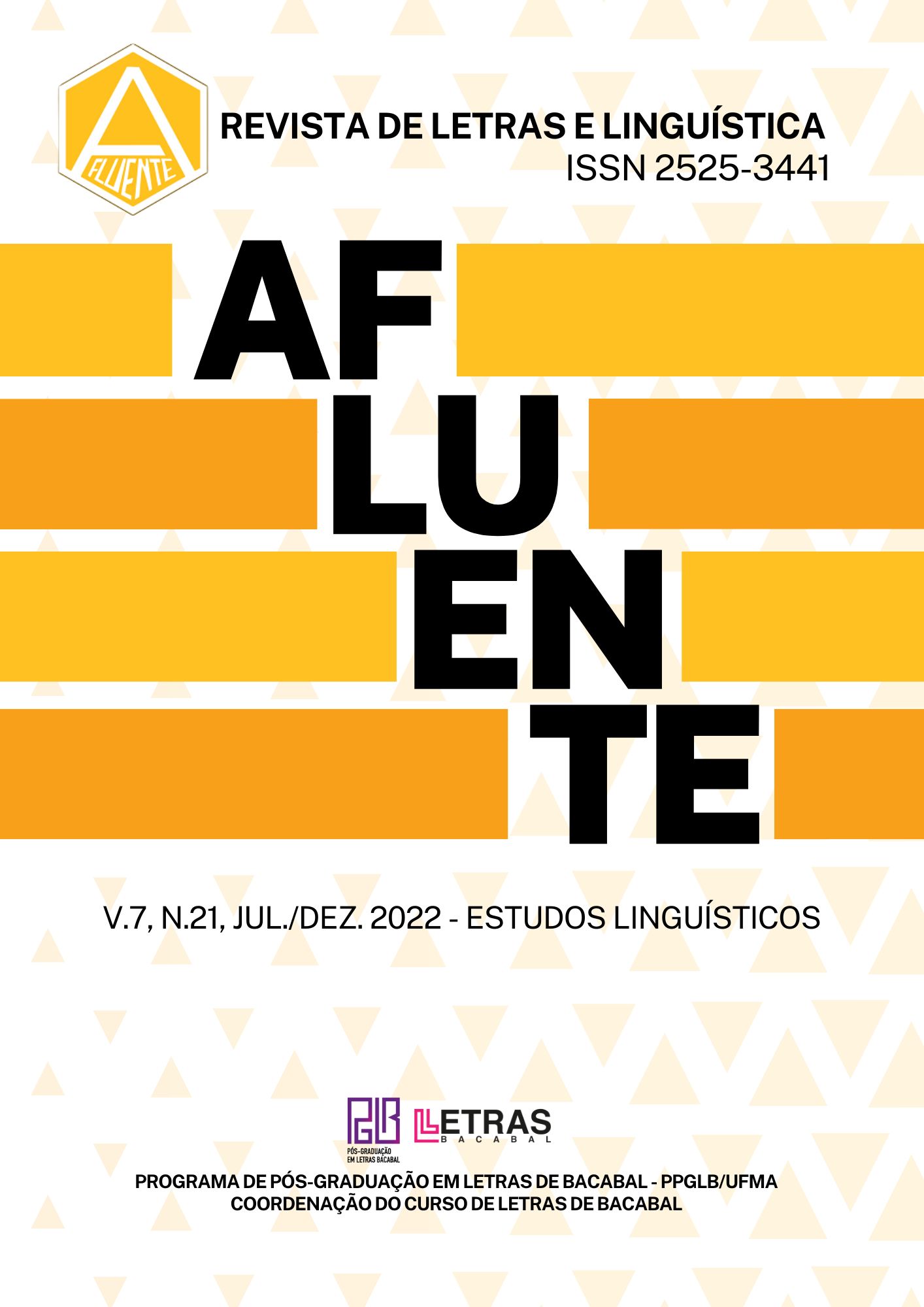THE DEVELOPMENT OF FANFICTIONAL CREATIVE WRITING IN ENGLISH AS AN ADDITIONAL LANGUAGE
DOI:
https://doi.org/10.18764/2525-3441v7n21.2022.21Keywords:
Creative Writing, Sociocultural theory, FanfictionAbstract
The Fanfictional Creative Writing (FCW) has been little addressed in contemporary Brazilian academic research. Therefore, the Fanfictional Creative Writing in English as an additional language has been addressed even less (MYERS, 2006; MORLEY, 2007; BLYTHE and SWEET, 2008; HEALEY, 2009; OBERHOLZER, 2014). According to the World Economic Forum (2015), creativity has been gaining more and more space and relevance in globalized educations and social entrepreneurships. However, there is little research that addresses the development of creativity in formal and informal schooling. This may indicate that the educational community is not encouraging the creative development among its students or does not even know how to develop it. For these reasons, the objective of this research was to identify if FCW students could develop their creativity and creative writing texts in English as an additional language (EAL). Thus, an extracurricular FCW course with EAL was organized and taught at USP in 2016. The research methodology encompassed both the organization and the delivery of this FCW course based directly on the Vygotskian sociocultural theory (VYGOTSKY, 2004; 2007). The focus of this article was a case study (DUFF, 2008; DUFF, 2012; DYSON, 2005; STAKE, 2006). As a result, the selected student's textual production showed that there were signs of creative and textual development on digital scripts, fanwriting-creative writing techniques and fandom-paratextual scripts.
Downloads
References
BLYTHE, H, & SWEET, C. Why creativity, why now? Tomorrow’s Professor, 2008.
CHAIKLIN, S. The zone of proximal development in Vygotsky’s analysis of learning and instruction. In: A., Kuzolin; B. Gindis; V.S. Ageyev & S.M. Miller (Eds.), Vygotsky’s Educational Theory in Cultural Context. Cape Town: Cambridge University Press, 2003.
DUFF, P. How to carry out case study research. In: A. Mackey & S. M. Gass (Eds.). Research methods in second language acquisition: A practical guide. New York: Wiley-Blackwell, 2012.
DYSON, A. H. On the case: Approaches to language and literacy research. New York: Teachers College Press and the National Conference on Research in Language and Literacy, 2005.
JENKINS, H. Fans, Bloggers, and Gamers: Exploring Participatory Culture. New York and London: New York University Press, 1992.
JENKINS, H. 2007. Textual Poachers: Television Fans and Participatory Culture. New York: Routledge.
HODGES, R. and KRESS, G. Social Semiotics. Cambridge: Polity, 1998.
LEMOS, A. Cibercultura. Tecnologia e Vida Social na Cultura Contemporânea. Porto Alegre, RS: Sulina, 2004.
LÉVY, P. Cyberculture. Cambridge University Press, 1999.
MORLEY, D. The Cambridge Introduction to: Creative Writing. Cambridge University Press, 2007.
MYERS, D. The Elephants Teach: Creative Writing Since 1880. New Jersey: Prentice Hall, 2006.
OBERHOLZER, P. Student Conceptions of Creative Writing. Masters Research Report, University of the Witwatersrand, 2014.
REY, J. Not just Piaget, not just Vygotsky, and certainly not Vygotsky as an alternative to Piaget. In: Shayer, M., ed. Learning intelligence, cognitive acceleration across the curriculum from 5 to 15 years. UK: Open University Press, 2008.
STAKE, R. Multiple case study analysis. New York: Guilford, 2006.
TRIFONAS, P. P. Handbook of Cultural Studies and Education. Routledge, 2015.
WATTPAD. Available on <https://www.wattpad.com/>. Accessed on 04/08/2019.
VYGOTSKY, L. S. Mind in Society: The Development of Higher Psychological Process. Cambridge, Mass: Harvard University Press, 2004.
VYGOTSKY, L. S. Thought and language. Cambridge, MA: The Massachusetts Institute of Technology, 2007.
VYGOTSKY, L. S. The Psychology of Art. Cambridge, MA: The Massachusetts Institute of Technology, 2018.
WEF. WORLD ECONOMIC FORUM. Industrial Internet of Things: Unleashing the Potential of Connected Products and Services, 2015.
Downloads
Published
How to Cite
Issue
Section
License
Copyright (c) 2022 Afluente: Revista de Letras e Linguística

This work is licensed under a Creative Commons Attribution 4.0 International License.
Direitos autorais Afluente: Revista Eletrônica de Letras e Linguística
Este trabalho está licenciado com uma Licença Creative Commons - Atribuição 4.0 Internacional.















